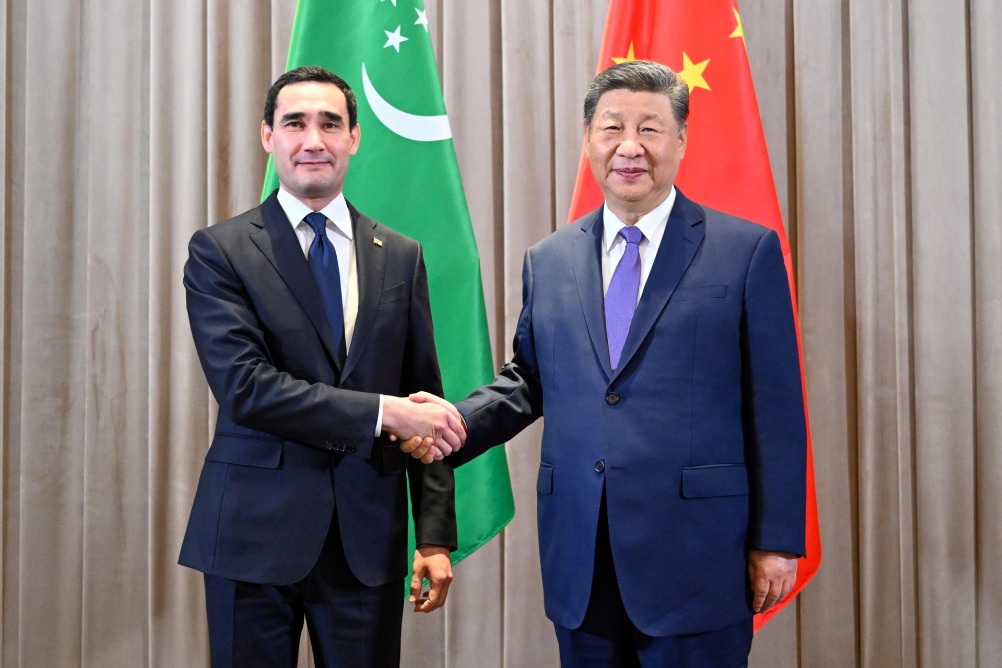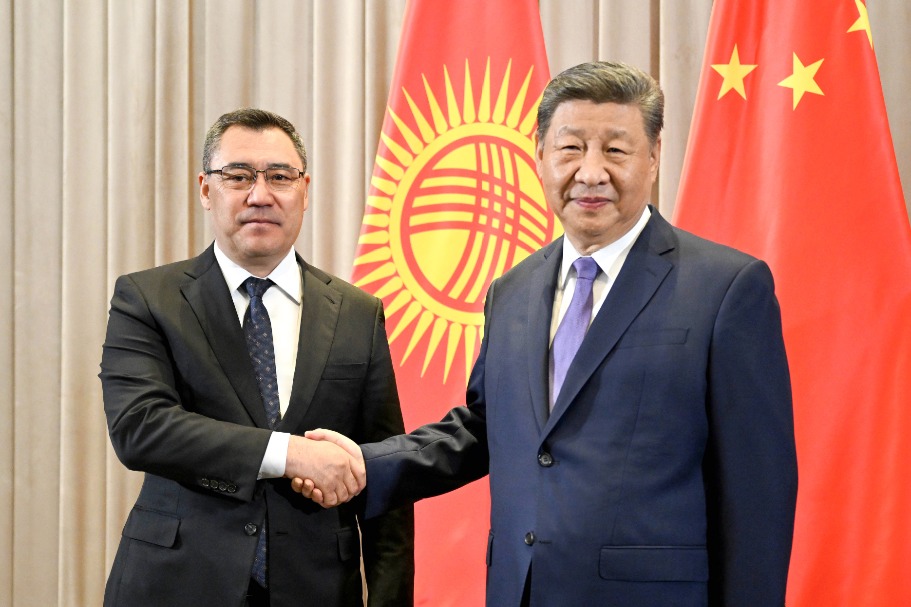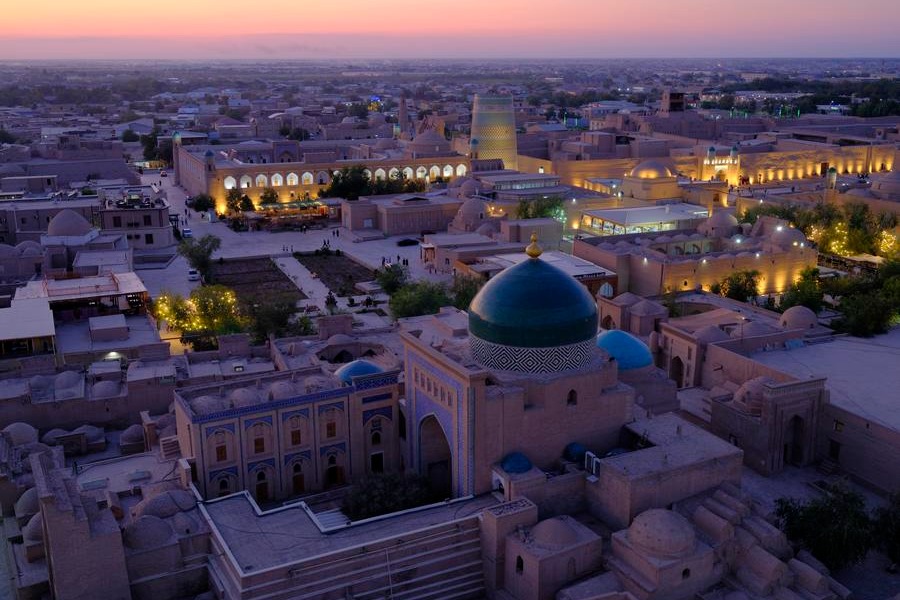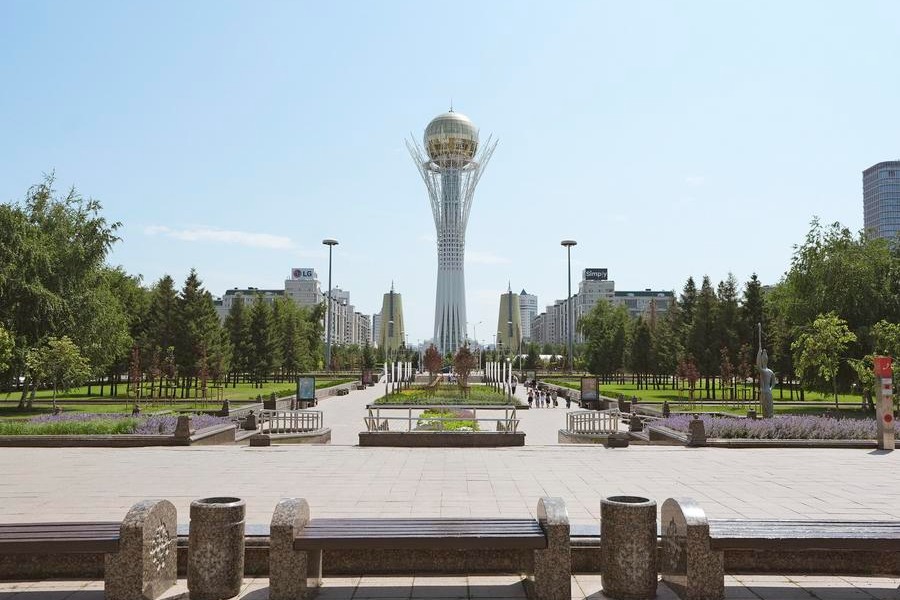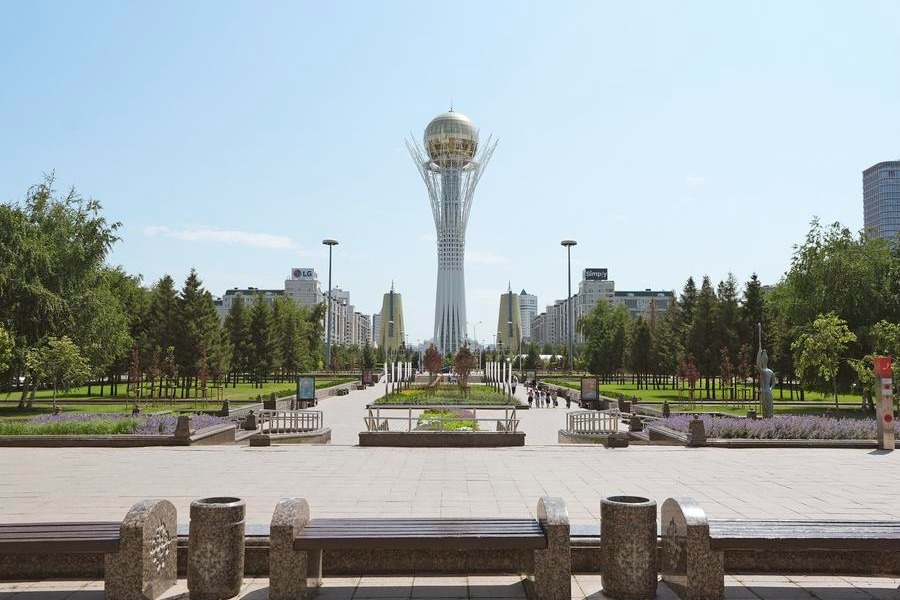G7 should step forward onto right side of history: China Daily editorial

With the US administration unilaterally imposing tariffs on its trading partners, including the other members of the G7, and most members of the group being at odds with it on the conflicts in Ukraine and Gaza, it seemed the latest summit of the seven largest developed economies was set to be a fractious affair, with disagreements and rifts expected to dominate their discussions.
Prior to the summit, the once tight-knit group has struggled to find unity over the conflicts in Ukraine and the Gaza Strip as US President Donald Trump has made a major departure from the previous pro-Ukraine US policy and sought to mediate an end to the Ukraine conflict.
It is also only natural that other G7 leaders would want to seize the opportunity of the summit on Monday and Tuesday to discuss trade issues with the US leader face-to-face, hoping he would soften his position so that the disputes over trade would not take too much of a toll on their economies.
However, events seem to have overtaken the gathering with the sudden flare-up of the Israel-Iran conflict on Friday. The escalation of tensions between the two hostile countries in the Middle East has sparked concerns about the risk of a wider war.
With speculation rife about the US' intentions, the other G7 leaders will have hoped for clarification from the US leader. Especially, as speculation was further fueled by the US leader and secretary of state leaving the summit early.
This was given added significance by the US leader's refusal to add his voice to calls for restraint, which deprived the summit of a united stance. A concerted call for de-escalation was essential if the G7 was to present its credentials as a group in touch with the times, rather than a group mired in the Cold War mentality of the past.
The stability and development of the world call for developed economies to stand on the right side of history and uphold the trends of common development and shared security.
As an informal grouping of the seven most advanced economies — Canada, France, Germany, Italy, Japan, the United Kingdom and the United States — the G7, along with the European Union, should play a constructive role in promoting world economic development and stability.
Yet, in recent years, the group has been too busy papering over the cracks in its cohesion by smearing China to provide meaningful contributions to resolving the real challenges facing the world. The decline of the G7's clout on the world stage cannot be more obvious. Especially in light of the rise of BRICS, highlighted by the recently expanded membership of that grouping of leading developing economies. Its growing influence has been fueled by its members' practical cooperation aimed at providing each other mutual support, as well as their offering a supportive hand to other countries of the Global South.
On Monday, President Trump mused about turning the G7 back into the G8, repeating a similar call he made in 2018 for the group to admit Russia, or even a G9 with the inclusion of China. Maybe he was right as it would act as a reinvigorating tonic. Connecting the group with BRICS and the Global South would give the G7 renewed relevance.
For decades, the G7 has remained representative of Western-centrism, seeking to impose a development model based on Western standards on developing countries with the ultimate goal of promoting the Western-dominated international economic system despite the fact that this system has proved to be far from fair and equitable.
The G7 countries have also sought to decouple countries they want to diminish from the global economy, which only disrupts the global supply chains and fuels the undercurrent of anti-globalization.
The leaders of the members of the rich-country club should inject certainty and stability into the world economy, not uncertainty and disturbance.
The mounting global challenges, whether on the economic or geopolitical front, all demand the G7 embrace the positive trends of the times, reject their zero-sum games and join hands with the countries of the Global South to address the pressing challenges facing the world.
















